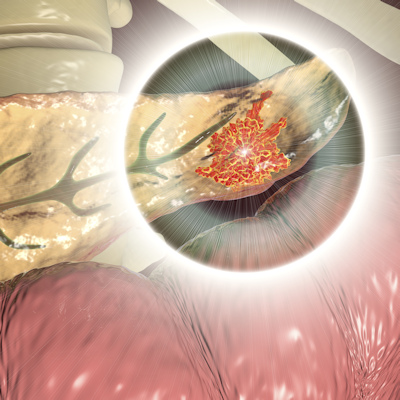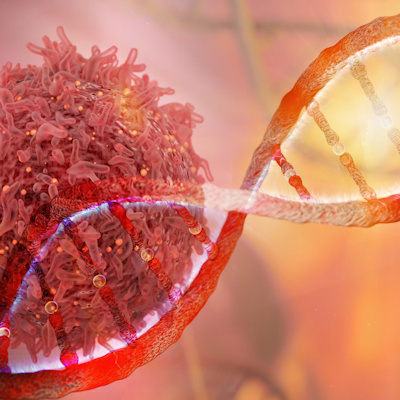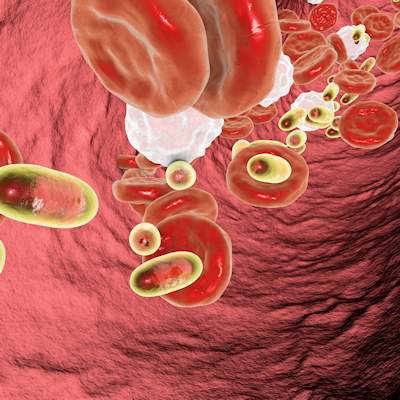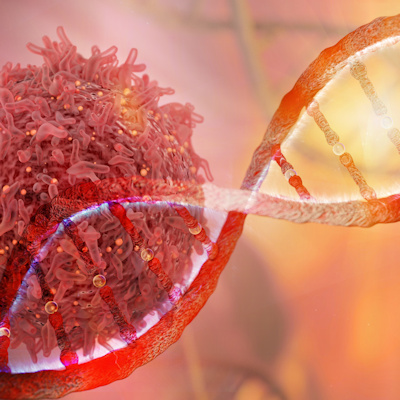December 21, 2022 -- Exhausted T cells switch from attacking to helping cancers in low-oxygen environments, pointing to a new way to improve the efficacy of immuno-oncology drugs, according to a study published on Wednesday in Nature Immunology.
Healthy T cells find and kill cancerous and otherwise abnormal cells. However, over time, T cells can lose their ability to kill abnormal cells. Such exhaustion of T cells happens when the immune system needs to stay active for a long time -- for example when it is fighting cancer or a chronic infection.
Because T cells are central to the efficacy of checkpoint inhibitors -- immunotherapies that are used in the treatment of many cancers -- exhaustion of the immune cells is a barrier to deep, durable response to treatment. That fact has spurred interest in finding ways to reinvigorate exhausted T cells and thereby drive ongoing anticancer responses in recipients of immunotherapies.
The Nature Immunology paper suggests that the problem of exhausted T cells goes deeper than just the loss of their cancer-killing power. The researchers found that in low-oxygen environments, such as the areas in and around tumors, exhausted T cells switched sides and began helping the cancer. Exhausted T cells mimicked regulatory T cells by suppressing other parts of the immune system, changing the environment around them to actively turn off other nearby cells.
In a statement, Greg Delgoffe, associate professor of immunology at the University of Pittsburgh's School of Medicine, said that earlier work had suggested that exhausted T cells may suppress the immune system. However, Delgoffe and his collaborators were surprised to discover that the immunosuppressive properties of T cells depended on their environment. Exhausted T cells suppressed the immune system more when close to aggressive tumors and less when in the presence of slower-growing cancers.
The discovery that immunosuppression is linked to oxygen levels suggests new ways to improve the effect of immunotherapies, as Paolo Vignali, a student in Pitt's Medical Scientist Training Program, explained.
"The idea that exhausted T cells are working against us in cancer opens up new avenues for immunotherapy, such as developing treatments to target the pathway responsible for switching sides or engineering better T cells for cell-based therapies. While the immunotherapy field has rightfully been focused on correcting T cell loss of anticancer functions, our efforts show we should also be studying potential new behaviors gained by these cells," Vignali said.
Using drugs that target the tumor vasculature and metabolism could change the conditions in the tumor microenvironment to stop exhausted T cells from suppressing the immune system. The Pitt researchers have early evidence that the approach improves responses to immunotherapies and are now running several clinical trials of environment-modulating drugs in cancer patients.
Copyright © 2022 scienceboard.net










